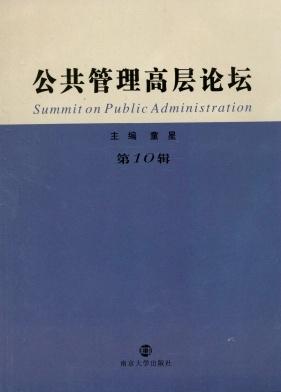Meta-Learning Based Few Pilots Demodulation and Interference Cancellation For NOMA Uplink
引用次数: 0
Abstract
Non-Orthogonal Multiple Access (NOMA) is at the heart of a paradigm shift towards non-orthogonal communication due to its potential to scale well in massive deployments. Neverthe-less, the overhead of channel estimation remains a key challenge in such scenarios. This paper introduces a data-driven, meta-learning-aided NOMA uplink model that minimizes the channel estimation overhead and does not require perfect channel knowledge. Unlike conventional deep learning successive interference cancellation (SICNet), Meta-Learning aided SIC (meta-SICNet) is able to share experience across different devices, facilitating learning for new incoming devices while reducing training over-head. Our results confirm that meta-SICNet outperforms classical SIC and conventional SICNet as it can achieve a lower symbol error rate with fewer pilots.基于元学习的NOMA上行少导解调与干扰消除
非正交多址(NOMA)是向非正交通信范式转变的核心,因为它在大规模部署中具有良好的扩展潜力。尽管如此,在这种情况下,信道估计的开销仍然是一个关键的挑战。本文介绍了一种数据驱动、元学习辅助的NOMA上行链路模型,该模型最大限度地减少了信道估计开销,并且不需要完美的信道知识。与传统的深度学习连续干扰消除(SICNet)不同,元学习辅助SIC (meta-SICNet)能够在不同设备之间共享经验,促进新设备的学习,同时减少训练开销。我们的研究结果证实,元SICNet优于经典SIC和传统SICNet,因为它可以在更少的导频下实现更低的符号错误率。
本文章由计算机程序翻译,如有差异,请以英文原文为准。
求助全文
约1分钟内获得全文
求助全文

 求助内容:
求助内容: 应助结果提醒方式:
应助结果提醒方式:


